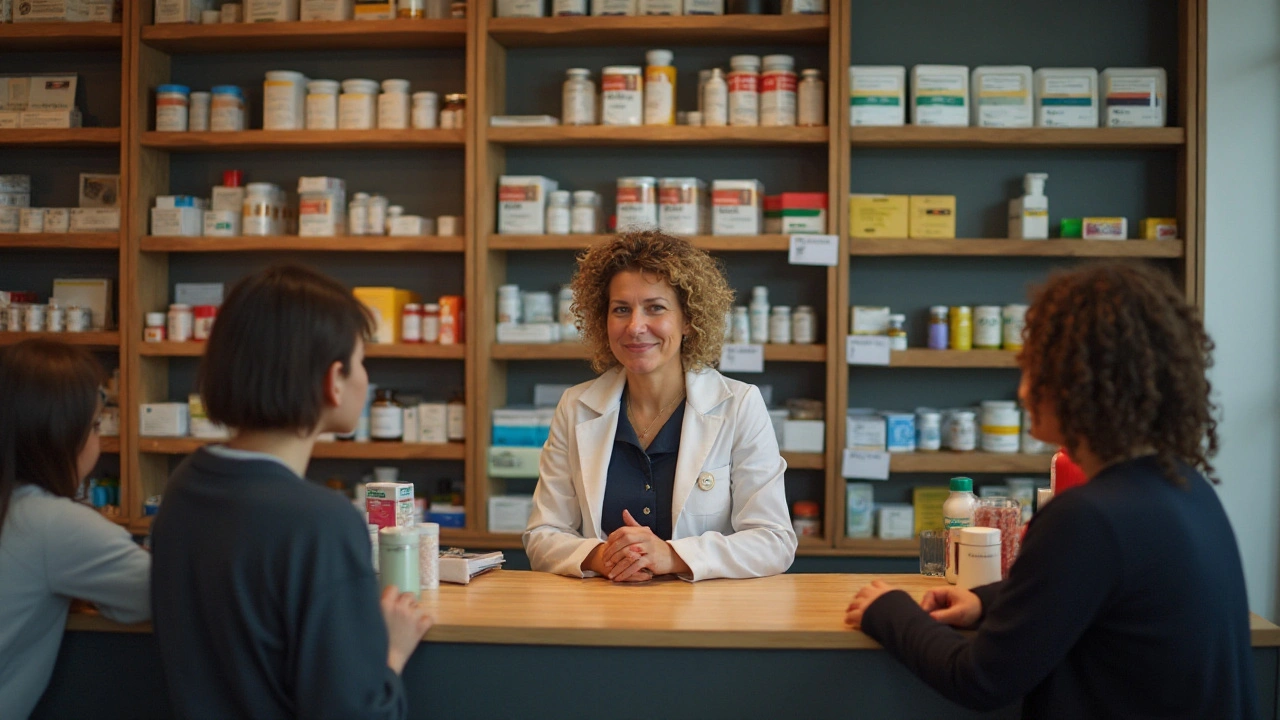Natural remedies: smart, safe choices
Natural remedies can help with minor problems, lower inflammation, and support overall health. But which ones actually work, and how do you use them safely? This guide helps you pick evidence-backed options, avoid common risks, and get the most from herbal and nutritional choices.
Start with the problem, not the product. Are you fighting inflammation, a skin issue, poor sleep, or mild anxiety? Different remedies suit different needs. For inflammation, curcumin (from turmeric), quercetin, and omega-3 fish oil have clinical studies showing measurable effects when taken at proper doses.
For fungal skin problems like baby yeast rash, topical options matter. Clotrimazole cream works and is often safer than trialing herbal creams. Use the recommended pediatric dose, keep the area dry, and check with your pediatrician if it does not improve in a few days.
Supplements can be helpful but not harmless. Quality varies. Buy from brands that publish third-party testing or certificates of analysis. Avoid mega-doses unless a clinician advises them. If you take prescription drugs, ask about interactions — for example, St. John's wort can reduce levels of many medicines.
What works (and what doesn't)
Good evidence: curcumin reduces some markers of inflammation when taken with black pepper extract so it absorbs better. Omega-3s lower triglycerides and help joint pain for some people. Probiotics can ease certain gut issues and may help urinary tract health in women.
Weaker or mixed evidence: many herbal sleep aids, hormone-balancing supplements, and detox products lack consistent proof. Avoid products that promise quick cures or secret formulas.
Safety first: tips
Always tell your doctor what you take. Report supplements just like prescriptions. Watch for red flags: rash, severe stomach pain, sudden mood changes, or new heart symptoms. If you get any of these, stop the supplement and seek medical care.
Start low and go slow. Try a single change at a time so you can see what helps. Keep a short diary: product, dose, when you felt better or worse. That makes it easier to talk with a clinician.
Where to learn more. Use reliable sources: peer-reviewed studies, national health agency pages, or pharmacists. On this site, check articles on curcumin, gamma oryzanol, lemon eucalyptus, and natural anti-inflammatory options for practical dosing and recent study summaries.
If you have a long-term condition, are pregnant, breastfeeding, or take blood thinners, get tailored advice before trying new supplements. Natural does not always mean safe in these situations.
Practical ideas to start: swap one processed snack for a handful of walnuts or fatty fish twice a week for omega-3s; add a 500 mg curcumin supplement with black pepper daily if cleared by your doctor; try a probiotic for two months for gut issues, then reassess.
Want help choosing an option? Talk to a pharmacist or use telemedicine to get quick, evidence-based advice. Small, safe changes matter more than chasing miracle cures.
Bookmark this tag to find up-to-date articles on supplements, topical remedies, and natural anti-inflammatory options tested against modern research and safety checks locally near you now.

